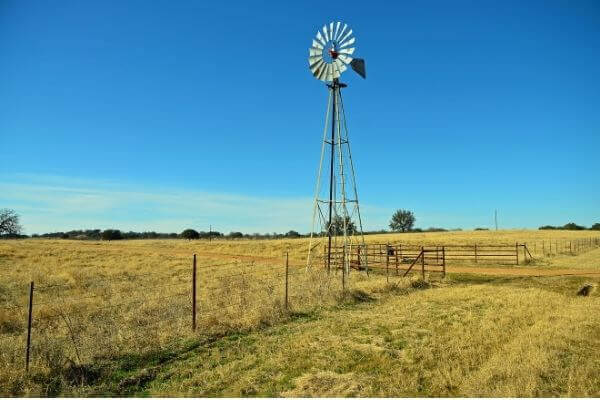In Texas, condemnation occurs when the local, state, or federal government exercises its eminent domain authority to obtain land for certain projects that benefit the public good, such as building a new highway or school.
Under the law, any entity with the power of eminent domain must either settle with the property owner for the fair market value of their land or exercise their right to condemn before they begin to use it. When private property rights are taken or damaged for public use without compensation, the law allows a property owner to file an inverse condemnation lawsuit seeking compensation for the value of the property that was taken, damaged, or destroyed.
Our Texas Inverse Condemnation Lawyers Can Help
If the government or an entity acting with authority from the government has appropriated or damaged your property without offering compensation, we encourage you to contact the Texas inverse condemnation lawyers at Dawson & Sodd, PLLC.
The Texas state Constitution and the United States Constitution clearly state that the government cannot acquire land through the exercise of eminent domain authority without due process and compensation. We dedicate our legal practice to protecting the constitutional rights of Texas landowners in property disputes with the government.
At Dawson & Sodd, we have recovered compensation for our clients in many inverse condemnation cases. We have been pioneers in this area. Some of the largest recoveries obtained for our clients have come via inverse condemnation claims filed on their behalf.
Types of Inverse Condemnation Claims
There are several different types of inverse condemnation claims. These include:
- Physical Appropriations
- Regulatory takings which deny all economically viable use of property
- Regulatory takings which unreasonably interfere with a landowner’s enjoyment of their property
- Exactions, in which the government requires a landowner to “trade” money or other development concessions for the government’s approval or permitting
Do You Have an Inverse Condemnation Claim?
Situations in which a property owner may have cause to file an inverse condemnation claim in Texas include:
- Road construction
- Water diversion/flood control projects
- Over regulation that deprives the landowner of their property’s economic use
- Excessive noise pollution from adjacent airports, railroad tracks and roadways
- Difficulties accessing and using land
- Pipelines and powerlines crossing their land
Inverse condemnation lawsuits are often times more complex and difficult than other types of eminent domain cases. The first challenge is establishing that a specific, intentional act by a government entity has taken/caused damage to your property.
Next, intent must be proven. The government entity must have known the harm that would result or that it was substantially certain to result. Finally, you must be able to determine an accurate dollar amount for the damages caused by the government’s actions.
Frequently Asked Questions about Eminent Domain in Texas
In most cases, only government entities have the right of eminent domain. This includes federal, state, county and municipal governments, as well as water districts and school districts. Eminent domain may also be exercised by public utilities, allowing them to use private property for such alleged public use needs as running power lines and pipelines.
Read more
When a government entity in Texas decides to seize private property for public use, the process by which it does so is called “condemnation.”
Read more
While the U.S. Constitution and Texas state Constitutions authorize the taking of private property through eminent domain, they also require that the landowner be paid “just” and “adequate” compensation for their land.
Just compensation is the current fair market value for a piece of property. The problem is that, in most circumstances, what the government entity considers to be fair compensation is actually a lot less than what the property owner is entitled to.
Read more
Highlighted Case Result from Texas Inverse Condemnation Lawyers
Taking on a government entity is never easy. The Texas inverse condemnation lawyers at Dawson & Sodd have the dedication it takes to prevail in an inverse condemnation claim. You can rely on our legal expertise and investigative resources to uncover the facts that establish the proof of your claim and recover a settlement amount that fully compensates you for your damages.
Dawson & Sodd has been protecting the rights of Texas property owners for over a century. We’re proud of our track record in winning favorable settlements for our clients. Many of our recoveries are among the largest “spreads” between low offers and high recoveries in Texas history.
In one example of an inverse condemnation case result, our client’s large and productive ranch repeatedly flooded by water releases from an upstream lake. The condemning entity extended a final offer of just $200,000. After a trial victory and appeal, the Texas Supreme Court upheld a $34.2 million dollar recovery for the ranch owner. The net recovery to the landowners was $21.9 million after legal fees and litigation, trial, and appellate expenses.
Get Help Fighting Inverse Condemnation Claims
If the government has taken, used or damaged your property without compensation, Dawson & Sodd can help protect your rights as a Texas landowner. We urge you to contact us today to schedule a free consultation.







